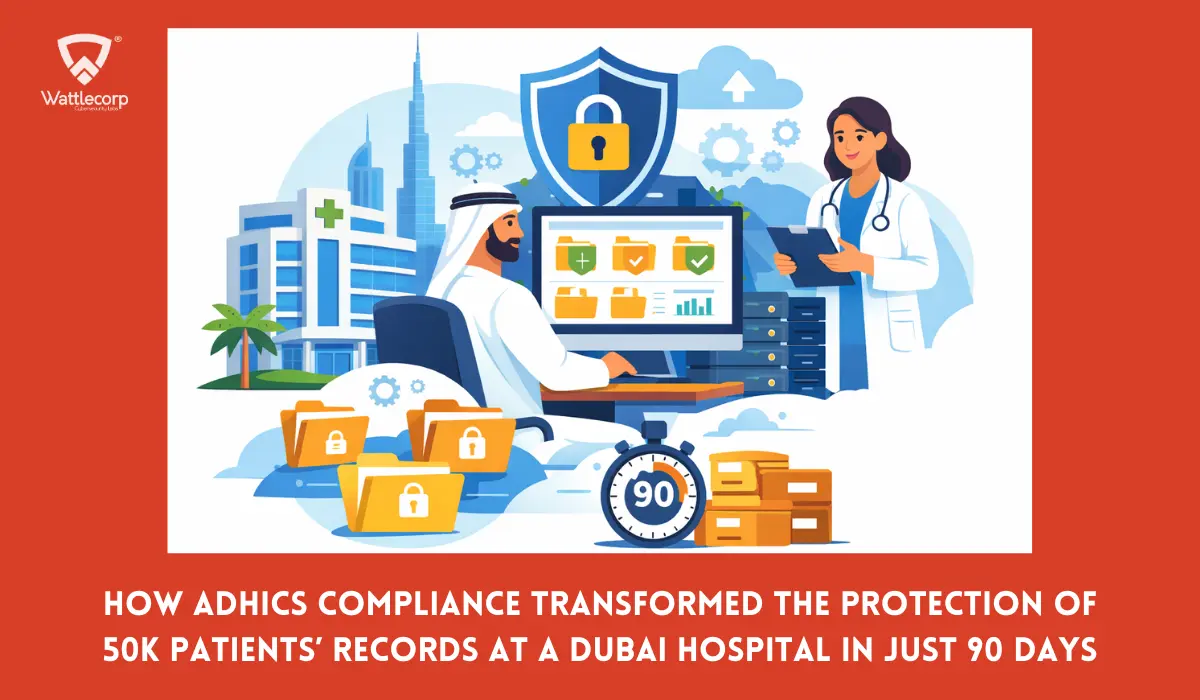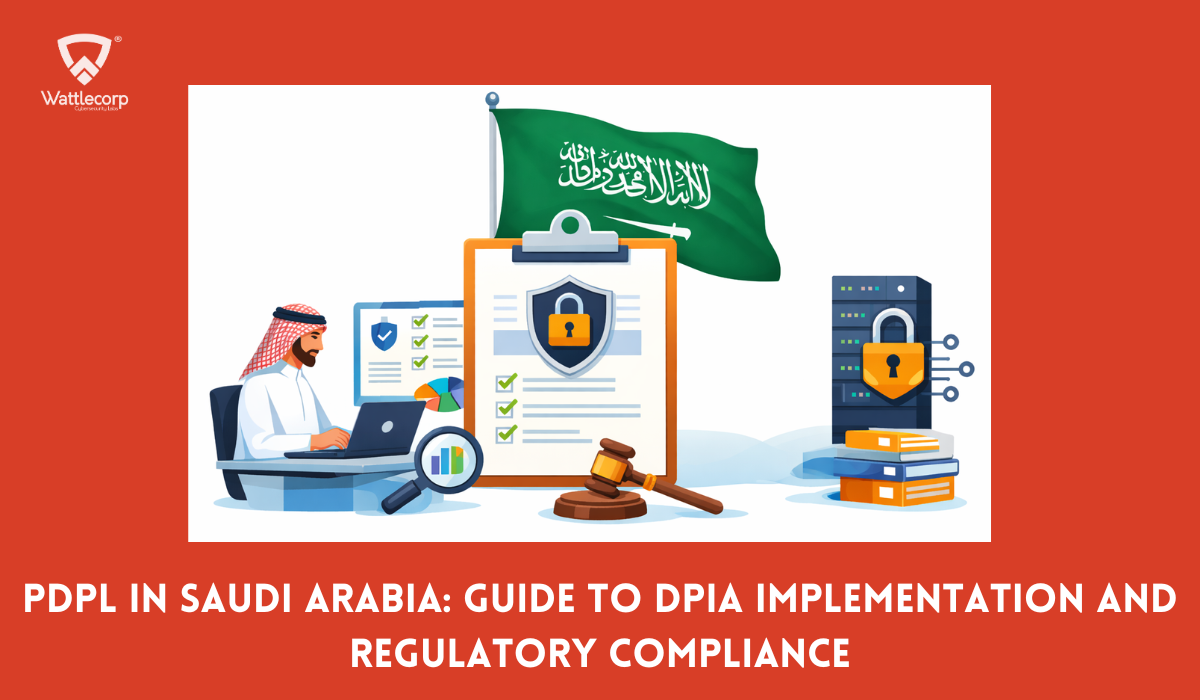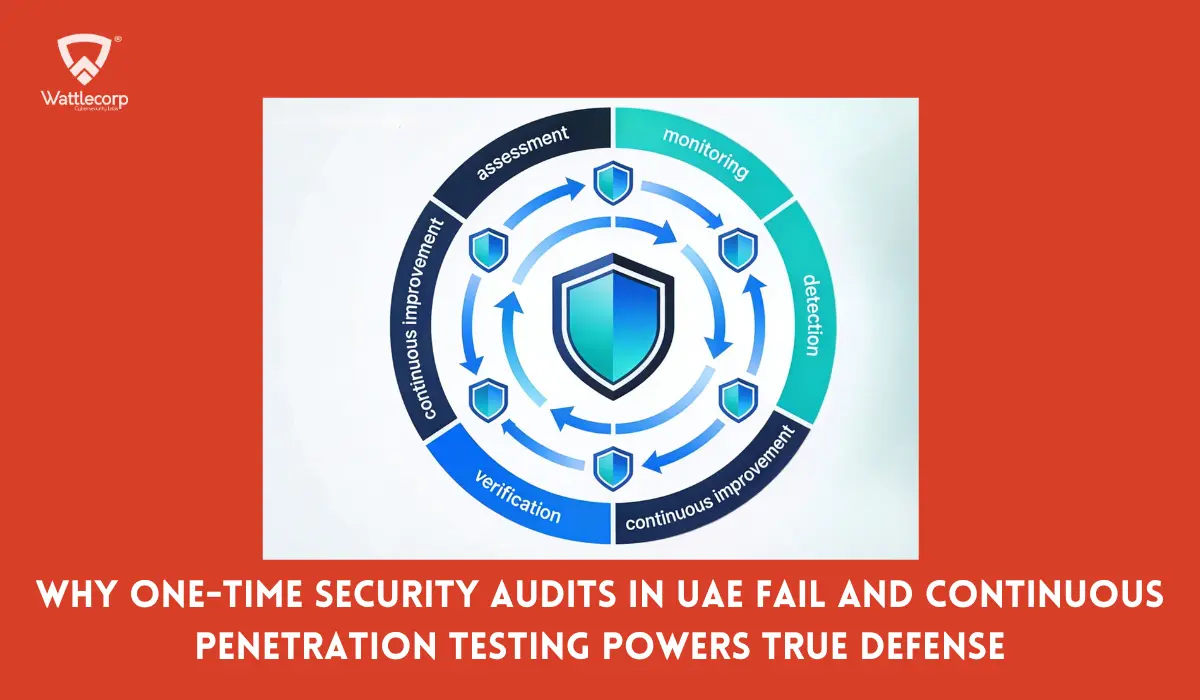Penetration testing has proven to secure businesses from the ever-evolving vulnerability landscape at present. It can simply be described as a technique that helps businesses uncover loopholes in the applications or infrastructures proactively. This helps to prevent cyber threats from causing catastrophes or interrupting the business.
Conducting periodic penetration testing is an integral part of ensuring business continuity. It helps to evaluate how secure your system is and how effective your security defenses are in safeguarding your years of hard work and resource investments from bad actors.
The faster evolution of technologies, in both terms of building and breaking the technologies has also increased the need for proactive finding of vulnerabilities before an intruder does. Indeed as in the seek for all services, there exists a tendency for the stakeholders to choose the lowest budget penetration test, which often ends up in catastrophes due to poor quality of service. Also, the majority of companies feel confused about what to choose despite the higher need to make decisions in the shortest time possible.
People often wonder how the penetration costs are defined by the cybersecurity solution providers. Even though certain vendors are offering fixed payment based on the number of penetration tests along with additional pricing for each related feature, it is always advisable to take into consideration the scan coverage they offer.
The pricing decisions for each penetration test are made by taking into consideration various parameters. This includes the scope of the test, the complexity of the network and the application, testing methodology, regulatory requirements, type of testing, etc. which we are about to look into in this blog.
Table of Contents
ToggleHow much does penetration testing cost?
An average penetration testing cost is expected between $10,000 and $35,000. However, it can go as low as $1000 based on the project. However, you would be able to avail of pre-defined pricing for penetration tests which comes as packages, subscription models, and timely billings based on the service provider to which you connect. The cost can vary based on factors such as scope, complexity, and type of test, including how much does web app penetration testing cost.

The pricing equation is pretty simple–the more requirements or dependencies you have for the test, the more the penetration test cost will be. While considering based on the different factors mentioned above, typically a web application penetration test costs anywhere between $2000 to $22,000.
Cloud infrastructure scan costs $600 to $1000, network scan costs $100 to $200, mobile applications costs $1500 to $5000, and software as a service costs from $1500 to $3000.
White box penetration testing costs $500 to $2000, black box penetration testing $10,000 to $50,000, and gray box penetration testing costs $500 to $50,000 per scan.
Factors affecting penetration testing cost
1. Timeline and urgency of the test
The more rushed it is to complete the penetration test, the more will be the price. The urgency consideration is due to the regulatory, security incidents, third-party obligations, and product feature releases.
This is primarily due to the requirement for additional resources, in terms of technology, labor, decision-making, etc. The penetration testing service providers make necessary changes based on the above parameters to reflect the increased demands related to the urgent timelines while ensuring the quality of the penetration test result, even in such accelerated scenarios.
2. Scope and complexity
The sheer size and complexity of the network and the applications are the most basic considerations. The network complexity comprises factors such as the size and architecture, topology, segmentation, etc. Whereas the application complexity consists of the diversity of the application (web, mobile, or software), the stack of the technology, and the integration points, which are the APIs or external systems.
Also, the sensitivity of the data such as the financial data, personally identifiable information (PII), or healthcare records being handled by the application introduces the need to conduct a thorough examination.
3. Expertise of the pen-tester
Penetration testers are often called the doctors of technology. As in any other field, achieving expertise as a penetration tester demands years of hard work. Being proficient in this field includes achieving technical proficiency, tool proficiency, specific-industry knowledge, certifications, communication skills, and commitment to explore the latest information.
The expertise of the pentester plays a critical factor in defining the penetration test cost since the effectiveness in identifying and addressing the security vulnerabilities is greatly dependent on the same. Also, the overall success of the penetration test varies tremendously.
4. Testing frequency
Periodic penetration tests help greatly in safeguarding your business from cyber risks. Moreover, it is a strategic decision that organizations make based on various factors which include risk tolerance, compliance requirements, and the nature of the threat landscape. The cost of each type of penetration test varies based on the parameters of each test.
It can be routine vulnerability assessment or comprehensive penetration testing, based on the organizational demand. The Routine check would involve conducting more frequent tests with a less intrusive nature of the test. It is usually for critical systems. The comprehensive penetration test in contrast to the previous is a more in-depth approach and is conducted less frequently. This is because it has higher resource requirements and it involves meticulous planning and advanced attack simulations.
5. Test type
Similar to the above one, determining the pricing for penetration tests in consideration of the type of penetration test varies with the specific test types and complexities associated with each. A penetration test can be primarily classified as an external and internal penetration test. In terms of technology being tested, it can be divided into web application pentest, mobile app pentest, wireless network pentest, social engineering testing, infrastructure testing, cloud security testing, IoT pen testing, and red team testing.
Each penetration test covers different aspects of technologies and hence has the requirements for distinct operational procedures for effective conducting of the test.
Also Read : Penetration Testing Guide for Businesses: How to Ensure End-to-End Security
6. Regulatory compliance requirements
Functioning in regulated industries such as critical infrastructure, oil and gas, finance-related, and healthcare specifically demands to comply with specific cybersecurity compliance requirements.
Achieving these requirements involves specific testing methodologies and techniques which increases the cost of each penetration test.
7. Testing methodology
A comprehensive penetration test helps to unveil vulnerabilities in external and internal systems as well as in the application layer. Hence it costs more than a limited assessment.
A manual compared to automated penetration tests costs a higher since it requires more human effort and it has proven to find much deeper and unpredictable ones.
Conclusion
Costlier penetration testing never means it is the best. Giving a primary focus on the requirements is always better than focusing on the pricing for each penetration test. Having a clear precise idea of the business needs and the regulatory mandates helps greatly when it comes to choosing the best option for you.
Indeed investing in the security of the business is a great option since it helps to prevent catastrophes in the future. A single data breach would cause huge to irreparable loss to the business. Leveraging our trusted penetration testing service in India can help safeguard against such potential threats effectively.






